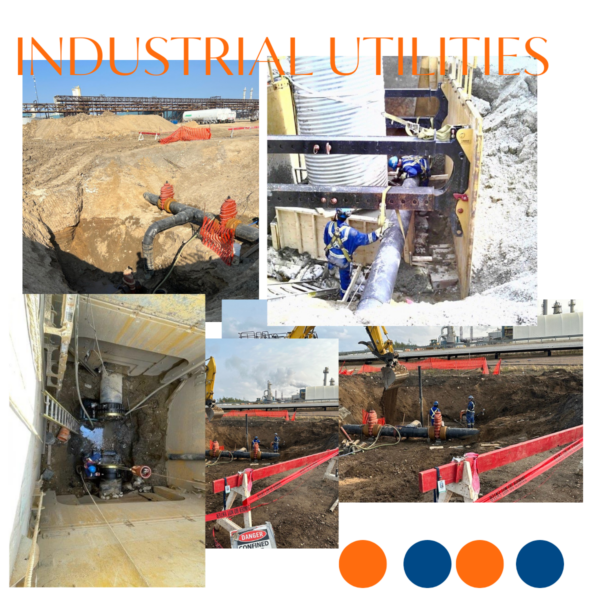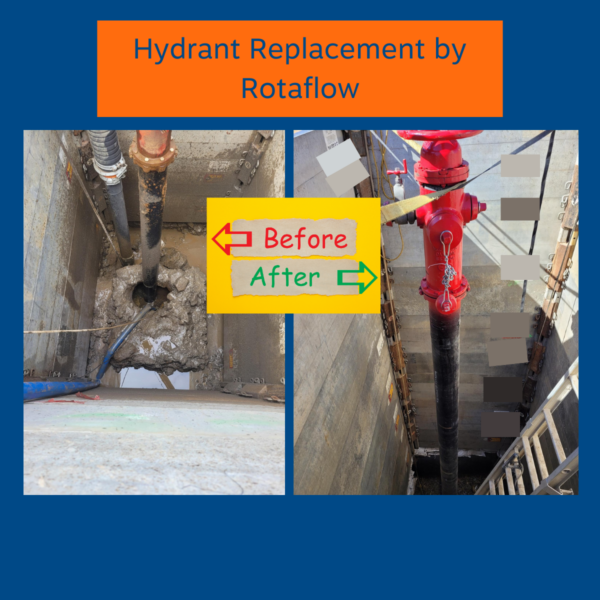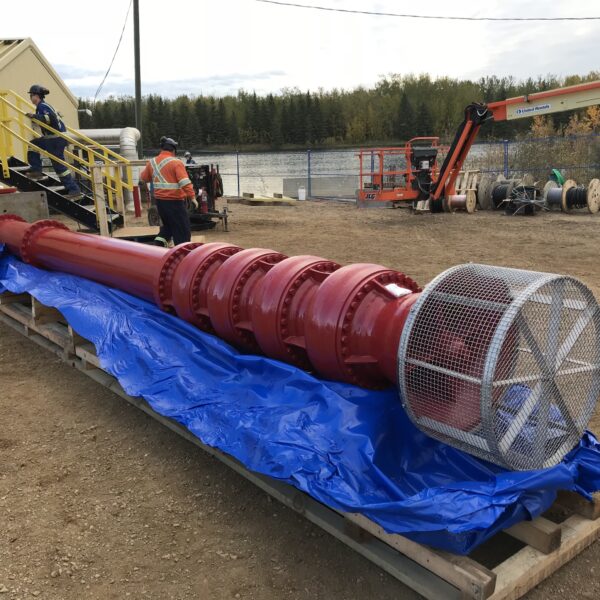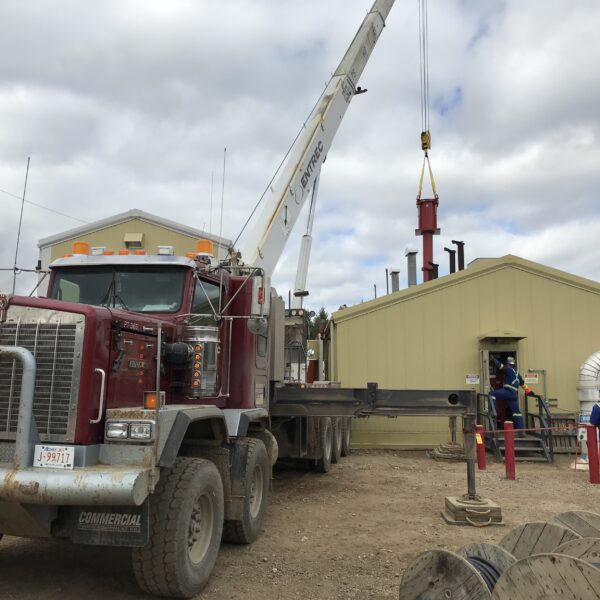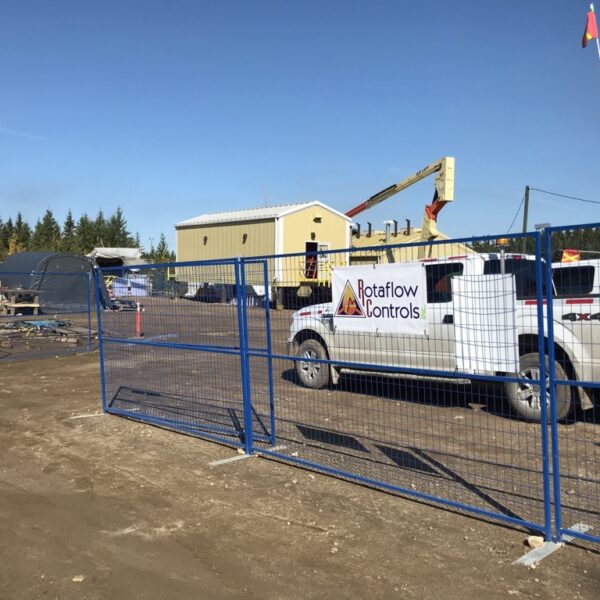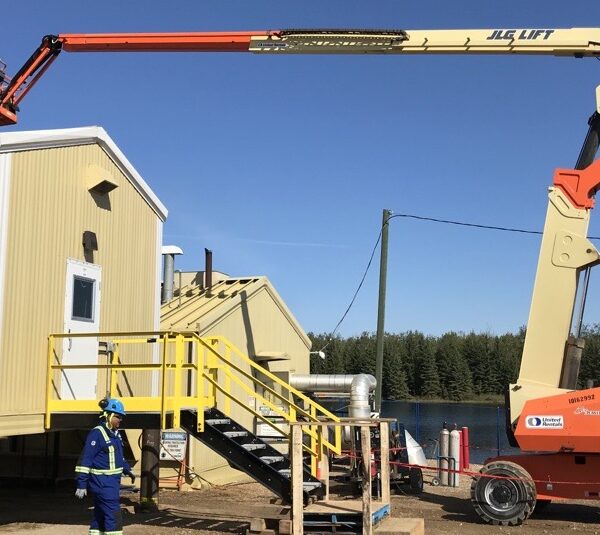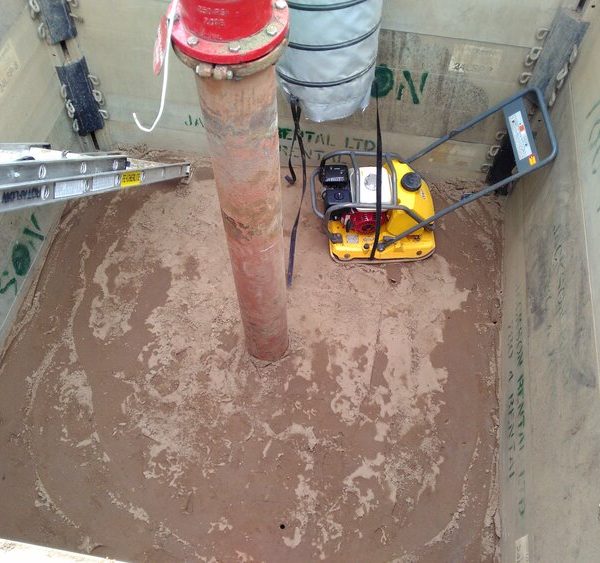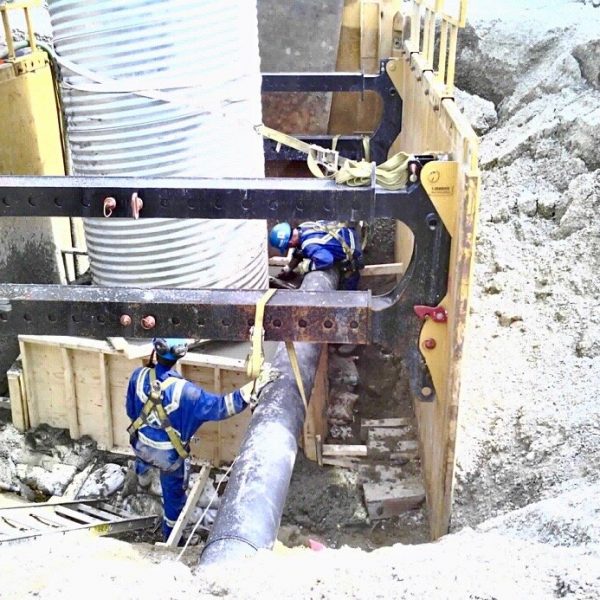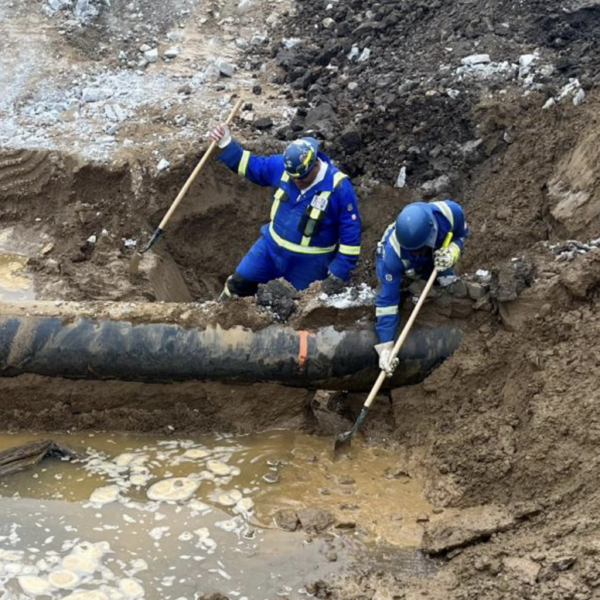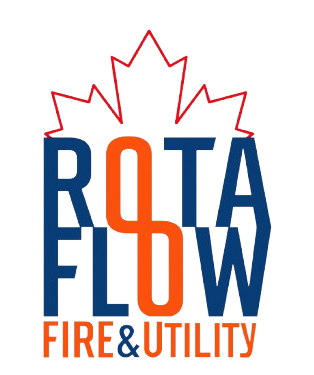Out Of Sight Shouldn’t Mean Out Of Mind.
Underground industrial utility systems can present challenges that aren’t visible at the surface, and the impact can be destructive to your operations and bottom line. With our engineering and field expertise, we find the root cause of your issues and solve them effectively, rather than just patching them up.
Our expertise includes:
Diesel Lines: 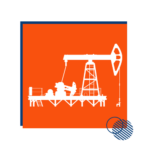
Diesel lines are essential in many industrial utility applications, particularly those that rely on diesel-powered machinery and generators. These lines act as conduits for the efficient flow of diesel fuel from storage tanks to engines, delivering a consistent and dependable power supply. Diesel line integrity is critical in the transportation industry, building sites, and backup power systems. Regular inspection, maintenance, and adherence to safety requirements are required to prevent leaks and ensure optimal performance, underlining the importance of resilient diesel line infrastructure in supporting the functionality of diesel-dependent processes.
Natural Gas Lines:
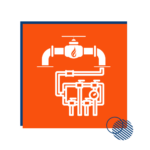 Natural gas pipes are an essential component of modern infrastructure, providing clean and efficient energy to households, businesses, and industries. These pipelines work as conduits for transferring natural gas from extraction points to end customers, allowing for the seamless distribution of this environmentally benign fuel source. Natural gas lines, with a growing emphasis on sustainable energy, help to reduce carbon emissions and promote energy efficiency. However, ensuring the safety and reliability of these lines is critical, necessitating rigorous adherence to construction standards, frequent maintenance, and comprehensive monitoring systems to prevent leaks and provide a continuous and secure supply of natural gas to consumers. The intricate network of natural gas pipes emphasizes the importance of these lines in addressing the energy needs of a diverse and rising global population.
Natural gas pipes are an essential component of modern infrastructure, providing clean and efficient energy to households, businesses, and industries. These pipelines work as conduits for transferring natural gas from extraction points to end customers, allowing for the seamless distribution of this environmentally benign fuel source. Natural gas lines, with a growing emphasis on sustainable energy, help to reduce carbon emissions and promote energy efficiency. However, ensuring the safety and reliability of these lines is critical, necessitating rigorous adherence to construction standards, frequent maintenance, and comprehensive monitoring systems to prevent leaks and provide a continuous and secure supply of natural gas to consumers. The intricate network of natural gas pipes emphasizes the importance of these lines in addressing the energy needs of a diverse and rising global population.
Potable Water: 
Potable water, often known as drinking water, is an essential resource for maintaining life and promoting public health. It refers to water that is safe for consumption and devoid of impurities and pollution. Access to safe drinking water is an essential component of human development, influencing everything from sanitation to overall well-being. Many regions are working to ensure the availability of safe drinking water through intensive purification methods and stringent quality standards. Potable water, a valuable worldwide resource, not only meets daily hydration demands but also plays an important role in agriculture, industry, and ecosystem health. The ongoing commitment to maintaining and growing access to drinkable water is critical to building healthy communities and sustainable development around the world.
Underground Excavation:
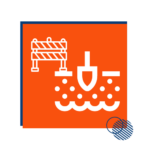 Underground excavation is a meticulous and sophisticated procedure that involves the removal of soil, rock, or other materials beneath the Earthworks to build subterranean areas or passageways. This method is frequently used in a variety of industries, including building, mining, and infrastructure development. Excavation can range from the construction of tunnels for transportation networks to the extraction of rich resources from beneath the ground. Engineers and excavation professionals use cutting-edge technologies and procedures to ensure underground project safety, stability, and efficiency. Underground excavation is a difficult process that involves meticulous planning, geotechnical studies, and strict attention to safety regulations. Underground excavation projects that are successful provide a considerable contribution to urban development, resource extraction, and the extension of critical infrastructure networks.
Underground excavation is a meticulous and sophisticated procedure that involves the removal of soil, rock, or other materials beneath the Earthworks to build subterranean areas or passageways. This method is frequently used in a variety of industries, including building, mining, and infrastructure development. Excavation can range from the construction of tunnels for transportation networks to the extraction of rich resources from beneath the ground. Engineers and excavation professionals use cutting-edge technologies and procedures to ensure underground project safety, stability, and efficiency. Underground excavation is a difficult process that involves meticulous planning, geotechnical studies, and strict attention to safety regulations. Underground excavation projects that are successful provide a considerable contribution to urban development, resource extraction, and the extension of critical infrastructure networks.
Underground Sanitary Sewer Systems: 
Underground sanitary sewer networks serve as the unnoticed backbone of urban infrastructure, allowing for the efficient and discrete evacuation of wastewater and sewage. These systems consist of a network of underground pipelines that connect residential, commercial, and industrial premises to treatment facilities. The major purpose is to transfer sewage away from populated regions, preventing environmental contamination and protecting public health. These underground sewer systems, which are typically hidden from view, require careful planning, design, and continual maintenance to ensure proper operation. As cities and towns grow, the relevance of robust underground sanitary sewage systems grows, stressing the need for sustainable and resilient infrastructure to meet the increasing demands of modern urban living.
Industrial Utility and Underground Repair

Oversight of inspection and repair for firewater, potable water, sanitary sewer, natural gas, and diesel lines.
- Executed leak detection, directional drilling, damage exposure, safe excavation, and pipe burst repair, followed by backfilling and soil compaction.
- Undertook HDPE pipe spools fusing and performed hydro tests to ensure the robustness of the repair works.
We have the right people, experience, and equipment to tackle your project, regardless of size.
We Get To The Root Of The Problem.
Because industrial utility systems can’t be seen on a daily basis, they can sometimes get neglected, until there is a major problem. Our engineers always start with a proper set of drawings for your entire underground system so that when you’re trying to address a problem in the future, you know exactly where to look and what to expect.
From there, it is much easier for us to work collaboratively with your team to deploy experts for any issues, from leak detection and repairs to new construction and ongoing maintenance.
Let's work together to tackle your next big challenge.
